|
Books on the bombing of Nagasaki and the American Supreme Court case that legalised racial segregation have won prizes named for the late author and journalist J. Anthony Lukas. In a joint release given to 'The Associated Press', the Columbia Journalism School and the Nieman Foundation for Journalism at Harvard University announced Wednesday that Susan Southard's "Nagasaki: Life After Nuclear War" had won the J. Anthony Lukas Book Prize, a $10,000 honour for a work of "political or social concern." The $30,000 Lukas award for best work-in-progress went to Steve Luxenberg for "Separate," about the Supreme Court's 1896 Plessy v. Ferguson ruling. The winner of the $10,000 Mark Lyndon History Prize was Nikolaus Wachsmann for "KL: A History of the Nazi Concentration Camps." The Lukas prize project was established in 1998. Source: Associated Press On August 9th, 1945, three days after the atomic bombing of Hiroshima, a 5-tonne plutonium bomb was dropped on the small coastal city of Nagasaki. The explosion destroyed factories, shops and homes and killed 74,000 people while injuring another 75,000. The two atomic bombs marked the end of a global war, but for the tens of thousands of survivors it was the beginning of a new life marked with the stigma of being hibakusha (atomic bomb-affected people). Susan Southard has spent a decade interviewing and researching the lives of the hibakusha and their raw, emotive eye-witness accounts. Their testimonies reconstruct the days, months and years after the bombing, the isolation of their hospitalisation and recovery, the difficulty of re-entering daily life and the enduring impact of life as the only people in history who have lived through a nuclear attack and its aftermath. Following five teenage survivors from 1945 to the present day, Southard unveils the lives they have led, their injuries in the annihilation of the bomb, the dozens of radiation-related cancers and illnesses they have suffered and the humiliating and frightening choices about marriage they were forced into as a result of their fears of the genetic diseases that may be passed through their families for generations to come. The power of Nagasaki lies in the detail of the survivor's stories, as deaths continued for decades because of the radiation contamination, which caused various forms of cancer. Intimate and compassionate, while being grounded in historical research,Nagasaki reveals the censorship that kept the suffering endured by the hibakusha hidden around the world. For years after the bombings news reports and scientific research were censored by U.S. occupation forces and the U.S. government led an efficient campaign to justify the necessity and morality of dropping the bombs. As we pass the seventieth anniversary of the only atomic bomb attacks in history, Susan Southard captures the full range of pain, fear, bravery and compassion unleashed by the destruction of a city. The personal stories of those who survived beneath the mushroom clouds will transform the abstract perception of nuclear war into a visceral human experience. Nagasaki tells the neglected story of life after nuclear war and will help shape public discussion and debate over one of the most controversial wartime acts in history. In March of 1933, a disused factory surrounded by barbed wire held 223 prisoners in the town of Dachau. By the end of 1945, the SS concentration camp system had become an overwhelming landscape of terror. Twenty-two large camps and over one thousand satellite camps throughout Germany and Europe were at the heart of the Nazi campaign of repression and intimidation. The importance of the camps in terms of Nazi history and our modern world cannot be questioned.
Dr Nikolaus Wachsmann is the first historian to write a complete history of the camps. Combining the political and the personal, Wachsmann examines the organisation of such an immense genocidal machine, whilst drawing a vivid picture of life inside the camps for the individual prisoner. The book gives voice to those typically forgotten in Nazi history: the 'social deviants', criminals and unwanted ethnicities that all faced the terror of the camps. Wachsmann explores the practice of institutionalised murder and inmate collaboration with the SS selectively ignored by many historians. Pulling together a wealth of in-depth research, official documents, contemporary studies and the evidence of survivors themselves, KL is a complete but accessible narrative.
0 Comments
'A Killing Winter' by Tom Callaghan Is A Superb Blood Soaked Crime Thriller Set In Kyrgyzstan27/3/2016 by Rana Asfour 'Fresh blood is especially vivid against snow'. So begins Tom Callaghan's 'A Killing Winter', the first book of a fast-paced trilogy set in Kyrgyzstan with Inspector Akyl Borubaev of Bishkek Murder Squad as a man uniquely intent on exacting justice on behalf of the murdered victims that seem to be stacking up at an incredible pace courtesy of a sadistic serial killer on the loose.
When the inspector arrives at the brutal murder scene of a young woman, all evidence hints at a killer on the hunt for more prey. But when the young woman's father turns out to be a leading government minister, the pressure is on Borubaev to solve the case not only quickly but also quietly, by any means possible. Until more bodies are found and the rules of the game change yet again. A recent widower, Borubaev descends into Kyrgyzsan's capital city Bishkek's brutal underworld, a place where no-one and nothing is as it seems, where everyone is playing for the highest stakes, and where violence is the only solution. This is a fast-paced gripping read with seldom a moment allowed for the reader to catch breath. With gory bits galore, this ought to have come with a warning for the faint-hearted - Think Tarantino if this were a film. However, the writing is masterful and it's quite refreshing to find a crime thriller that does away with sentimentality and gets on with the business of delivering a hard-hitting thrilling story instead. There's a genius twist at the end which maybe (just maybe) if you pay really really (I mean seriously) close attention you might be able to figure out! The sequel 'A Spring Betrayal' is already out in hardback and BookFabulous has it on good authority that the author is busy at work writing the third and final instalment of this Kyrgyz trilogy. About the Author: Born in the North of England, Tom Callaghan was educated at the University of York and Vassar College, New York. After graduating, Tom joined Saatchi & Saatchi, working for several years in London, New York and Philadelphia as a Creative Group Head, before joining the newly-formed M&C Saatchi. After living in Singapore where he pursued interests outside advertising, he moved to Dubai, where he worked as Creative Director for one of the region’s leading boutique agencies. An inveterate traveller, he divides his time between London, Prague, Dubai and Bishkek. Check out his website HERE. HARRY BAKER British poet Harry Baker (@harrybakerpoet), who is currently studying for a degree in mathematics, is the UK's youngest ever World Poetry Champion. His poetry collection 'The Sunshine Kid' was completely sold out at this month's Emirates Airline Festival of Literature. The poems combine maths and science and his 'Love Poem for Lonely Primary Numbers' is fierce! His charming performance at the Dubai-based festival earned him his spot as the most talked-about appearance and it's no surprise that old and young alike rushed to get their hands on his book. You must. Check out his TED-Talk HERE to see his unbelievable performance. GRACE NICHOLS This Guyanese poet whose first collection, 'I is a Long-Memoried Woman' won the Commonwealth Poetry Prize in 1983. The book was subsequently dramatised for radio by the BBC, and adapted for film, winning a gold medal at the International Film and Television Festival New York.She also writes books for children, including 'Come on into My Tropical Garden' (1988), and 'Everybody Got A Gift' (2005) which includes new and selected poems. Her two new children's books, 'Cosmic Disco' and 'Sun Time, Snow Time' were released in August 2013. In 2011 Nichols was a member of the first ever judging panel for a new schools poetry competition named Anthologise, spearheaded by Poet Laureate Carol-Ann Duffy. School students aged 11–18 from around the UK were invited to create and submit their own anthologies of published poetry. The first ever winners of Anthologise were the sixth form pupils of Monkton Combe School, Bath, with their anthology titled 'The Poetry of Earth is Never Dead'. This amazing woman had the audience rapping with her at the Emirates Airline Festival of Literature this month! Yes! Rapping! KIKA HOTTA
In 2015, the Mohammed bin Rashid Al Maktoum Foundation and the Japan Arts and Culture Foundation collaborated on a Writers’ Exchange Programme between the UAE and Japan, with writers from each country visiting the other as part of a joint mission to offer young writers a chance to broaden their horizons and find new inspiration. Kika Hotta was one of these young participants. As such, Kika Hotta's new collection, published in March 2016, features haikus inspired by his visit to the UAE and his encounters with its people and culture. Again, all copies of his recent new collection were sold out at the Emirates Airline Festival of Literature this month and he is definitely a rising talent to look out for in the future! Born in December 1975, in Tokyo, Kika Hotta has studied at Brown University and Princeton University before attending University of Tokyo’s Ph.D. program. He is a poet and translator and has translated poems in classic haiku and tanka styles to English, Japanese, Chinese and French. His mentors include Kane Kasugi and Minoru Ozawa. He has also adopted the haiku theories of Ban’ya Natsuishi. He is a winner of a number of awards including the third Shiba Fukio Haiku New Talent Encouragement Award, the 13th Sawa New Talent Award (both for haiku), the second Ishikawa Takuboku Prize and the Chuubu Tanka New Talent Award (both for tanka). The friend of British bookstore Waterstones and Children’s Laureate, Chris Riddell, was on hand to award screenwriter David Solomons the overall Waterstones Children’s Book Prize 2016 for his debut novel My Brother is a Superhero at a ceremony held at the bookstore's flagship shop in Piccadilly, London. This same evening also saw Chris recognise three further category winners – Best Younger Fiction, Best Older Fiction and Best Illustrated – with David additionally walking away with the Best Younger Fiction trophy. David Solomons as the overall winner was presented with a cheque for £5000 to recognise his category and overall wins, whilst David Litchfield and Lisa Williamson received £2000 each for their respective category victories. And the winners are: The winner of the Waterstones Children's Book Prize 2016 is
'My Brother is a Superhero' by David Solomons by Rana Asfour Philip Noble is an 11-year-old boy whose dad, owner of the 'Castle and Falcon' pub, has recently died in a car crash leaving behind Philip and his mother, Carol. What we soon learn, is that Philip's dad is like no other dad, for he returns as a ghost and reveals to his son that his death was no accident; he was murdered by his evil brother Uncle Alan who has always had designs not only on the pub but on Philip’s mother as well. His instructions to Philip are clear: He must kill grubby garage owner uncle Alan so that, he, the father may avoid ‘The Terrors’ and rest in peace. If the novel's plot is sounding vaguely familiar, then you're right. 'The Dead Fathers Club’, first published in Great Britain in 2006, gives more than a nod towards Shakespeare's 'Hamlet' and as such many readers who are familiar with the play will have a wild time picking out the references in the book. Generally hilarious and unpredictable, Matt Haig's novel offers poignant insights into the strange workings of the world as seen through the eyes of this particular child. She wrote CEASAR SALAD and I saw a picture in my head of Julius Ceasar with an apron on chopping a tomato and I thought how bad my brain was that it thinks stupid things even when it is planning a Murder Philip North is a special boy who explores the world in a very sensitive, highly unusual way. Very intelligent for his age, he is nonetheless ridiculed, alienated and bullied by most of his peers not only for being different but more recently for acquiring the habit of talking to himself. Of course, nobody is aware of Philip’s ability to communicate with his dead father who has instructed him that he must keep their communication secret. Philip is the narrator of his story and he does so on his own terms. This individuality comes out in the writing. There is not - throughout the entire novel - one apostrophe or comma, which at the start makes for quite an unsettling experience for the reader until one begins to form a picture of Philip's personality and the way his mind works. A couple of pages later, it becomes quite easy to follow the boy's reasoning and to connect with it - Mark Haddon's 'The Curious Incident of the Dog in the Night-Time' springs to mind. Although there are instances when the reasoning is slightly too sophisticated to be coming from an eleven-year-old, the writing remains without any doubt one that is solid, masterful, witty, humorous and charming and it is this particularity that elevates the novel from a great read to a memorable one. Philip lives with his mum in the top floor of his dad’s pub in Newark-on-Trent. It is, as the ghost predicted, not long before uncle Alan moves in and takes full control. After only two months of the crash, Alan and Carol announce their engagement. Incensed by the announcement, Philip's resolve to seek justice for his father is renewed and he begins to amass his weaponry in the form of highly combustible materials and poisonous liquids that he acquires from his classroom cabinet aided by his father’s very unreliable ghost. Soon, Philip is ready to carry out his plan; his one dilemma is how to ensure Alan goes out with a bang without harming others whom Philip loves and cares about. However, as with any plan, things don’t always turn out the way you want them to. And in this novel there is more than one instance where this holds true. But through it all, there is this little boy trying to figure his place in the world; a world in which he is forced to make a choice between his sense of obligation and duty to his father and his sense of what is right and wrong, between his hate for Uncle Alan and his love for his mum, all at a time when his bullies have become relentless and an inconvenient romance has decided to make a surprise appearance. As Philip wades through the wreckage of his life in the aftermath of his father’s death, the real and the imagined blur, and, it is we, the readers, who are torn between rooting for Philip or praying he never succeeds as plans to commit the perfect murder remain firmly underway. The shortlist for the Wellcome Book Prize 2016 was announced yesterday by this year’s chair of judges, the acclaimed author, journalist and broadcaster Baroness Joan Bakewell DBE.
Joined by James Peto, Head of Public Programmes at Wellcome Collection, Bakewell revealed the six shortlisted titles at a breakfast event held in Wellcome Collection’s Reading Room. Celebrating the best new books that engage with any aspect of medicine, health or illness, the 2016 shortlist showcases the breadth and depth of our encounters with medicine through six exceptional works of fiction and non-fiction: The Outrun by Amy Liptrot (Canongate) - Non Fiction Signs for Lost Children by Sarah Moss (Granta) - Fiction It’s All in Your Head by Suzanne O’Sullivan (Chatto & Windus) - Non Fiction Playthings by Alex Pheby (Galley Beggar Press) - Fiction The Last Act of Love by Cathy Rentzenbrink (Picador) - Non Fiction Neurotribes by Steve Silberman (Allen & Unwin) - Non Fiction From memoirs on addiction (The Outrun) and on the aftermath of a debilitating accident (The Last Act of Love) to studies on autism (Neurotribes) and psychosomatic illnesses (It’s All in Your Head), the non-fiction contenders reflect a broader preoccupation with the human mind, while the two works of fiction on the list offer an immersive account of schizophrenia (Playthings) and an account of the pioneering work of an early female medic (Signs for Lost Children). As a group, the titles represent a collective conversation on medicine in literature today, demonstrating the wealth of human experience this cultural sector explores. Worth £30,000, the 2016 prize is judged by a panel comprising chair Joan Bakewell; Frances Balkwill OBE, Professor of Cancer Biology at Barts Cancer Institute and an author of science books for children; writer, columnist and salonnière Damian Barr; award-winning novelist Tessa Hadley; and award-winning journalist and author Sathnam Sanghera. The winner of the Wellcome Book Prize 2016 will be announced on 25 April. 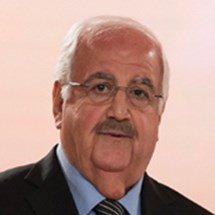 Dr Ghassan Al Hasan, 71, a Jordanian national of the United Arab Emirates, has been awarded at the Abu Dhabi Awards held last night at the Emirates Palace in the UAE capital. On hand to present the award was His Highness Sheikh Mohammed Bin Zayed Al Nahyan, Crown Prince of Abu Dhabi and Deputy Supreme Commander of the UAE Armed Forces. Dr. Al Hasan is one of the region’s foremost authorities in the study, preservation and promotion of Arabic poetry. As the only person in the world to have earned a Doctorate in Nabati Poetry, his expertise and perspective have added immense value to the documentation and authentication of this form of poetry. A UAE resident for more than 40 years, Dr Al Hasan’s work in documenting UAE’s Nabati poetry and as a Consultant to the Cultural Programmes and Heritage Festivals Committee have been essential in reviving interest in and understanding of Nabati Poetry throughout the UAE community. Seven other recipients were recognised for achievements in medical research, overseas humanitarian efforts, preserving the history and culture of the UAE as well as lifetime achievement awards. Established in 2005, the Abu Dhabi Awards is a Government initiative that recognises and honours individuals who have selflessly dedicated themselves to support and contribute to the Emirate of Abu Dhabi. Since its inauguration, 63 recipients have been honoured in seven nomination campaigns. For more on the award, click HERE. The Man Booker International Prize is delighted to reveal the ‘Man Booker Dozen’ of 13 books in contention for the 2016 Prize,celebrating the finest in global fiction. This is the first longlist ever to have been announced for the Man Booker International Prize, which has joined forces with theIndependent Foreign Fiction Prize and is now awarded annually on the basis of a single book. The £50,000 prize will be divided equally between the author of the winning book and its translator. The judges considered 155 books. The full 2016 longlist is as follows: Author José Eduardo Agualusa (Angola) Translator Daniel Hahn, A General Theory of Oblivion (Harvill Secker) Author Elena Ferrante (Italy) Translator Ann Goldstein, The Story of the Lost Child (Europa Editions) Author Han Kang (South Korea) Translator Deborah Smith, The Vegetarian (Portobello Books) Author Maylis de Kerangal (France) Translator Jessica Moore, Mend the Living (Maclehose Press) Author Eka Kurniawan (Indonesia) Translator Labodalih Sembiring, Man Tiger (Verso Books) Author Yan Lianke (China) Translator Carlos Rojas, The Four Books (Chatto & Windus) Author Fiston Mwanza Mujila (Democratic Republic of Congo/Austria) Translator Roland Glasser, Tram 83 (Jacaranda) Author Raduan Nassar (Brazil) Translator Stefan Tobler, A Cup of Rage (Penguin Modern Classics) Author Marie NDiaye (France) Translator Jordan Stump, Ladivine (Maclehose Press) Author Kenzaburō Ōe (Japan) Translator Deborah Boliner Boem, Death by Water (Atlantic Books) Author Aki Ollikainen (Finland) Translator Emily Jeremiah & Fleur Jeremiah, White Hunger (Peirene Press) Author Orhan Pamuk (Turkey) Translator Ekin Oklap, A Strangeness in My Mind (Faber & Faber) Author Robert Seethaler (Austria) Translator Charlotte Collins, A Whole Life (Picador) The longlist was selected by a panel of five judges, chaired by Boyd Tonkin, senior writer on The Independent, and consisting of: anthropologist and novelist Tahmima Anam; academic David Bellos, Professor of French and Comparative Literature and Director of the Program in Translation and Intercultural Communication at Princeton University; editor and academic Daniel Medin, who holds a comparative literature professorship at the American University of Paris (AUP); and prize-winning British poet and author Ruth Padel. Source: Press Release by Rana Asfour Yesterday, I drove right into the eye of the UAE thunderstorm. I remember distinctly the exact moment my tiny car and I were embraced into the bosom of what has been dubbed as one of the worst storms the country has ever seen. As I, in horror, watched a metal corrugated sheet fly past my windshield, missing my car by inches, I was simultaneously being calmed by my thirteen-year-old holding the fort at home, moving furniture away from the water that had gushed in from every window in the house. Now that all's well, many memorable floods, thunderstorms and rainy weather have been popping up in my mind that have stood out for me in books I've read recently and not so recently as well. I'm sure you've got loads more in mind. You know what to do: Share share share in the comments section! stay dry :) The story of one woman, Emerence, who lives life by her own set of rules. A thunderstorm at the beginning of the book changes her life forever. A powerful, strong read about what it means to be human and the price some pay when they open their private life to let in others. 'An Unnecessary Woman' by Rabih Alameddine This is the story of seventy-one-year-old Aliyya Saleh, who lives alone in Beirut surrounded by her favourite books. Aaliya views her life and complicated past shaped by the Lebanese Civil War through classic works of literature by Sebald, Coetzee, Pessoa and Schulz. She translates and yet her translations have never been seen by anyone. When the floods come calling, they bring along the most cathartic ending. 'The House of Mapuhi' by Jack London - A Short Story A short story that represents the 'man against the nature' theme. The descriptions of the hurricane the survival in its aftermath are beautiful, powerful yet equally chilling and terrifying in an alternate vein. It is available as a free ebook. So, do check it out. 'The Grapes of Wrath' by John Steinbeck It's all about the dust storm. After a period of great drought one June, rain clouds appear, but instead of bringing rain, the clouds disappear, leaving great winds in their wake. Shocking and controversial when it was first published, 'The Grapes of Wrath' is Steinbeck's Pultizer Prize-winning epic of the Joad family, forced to travel west from Dust Bowl era Oklahoma in search of the promised land of California. Their story is one of false hopes, thwarted desires and powerlessness, yet out of their struggle Steinbeck created a drama that is both intensely human and majestic in its scale and moral vision. 'Zeitoun' by Dave Eggers The true story of one American family and what happens to the head of its family in the aftermath of Hurricane Katrina.
Abdulrahman and Kathy Zeitoun run a house-painting business in New Orleans. In August of 2005, as Hurricane Katrina approaches, Kathy evacuates with their four young children, leaving Zeitoun to watch over the business. In the days following the storm he travels the city by canoe, feeding abandoned animals and helping elderly neighbors. Then, on September 6th, police officers armed with M-16s arrest Zeitoun in his home. Told with eloquence and compassion, 'Zeitoun' is a riveting account of one family’s unthinkable struggle with forces beyond wind and water. In Celebration of International Women's Day: The Bailey's Women's Prize announces Its 2016 Longlist8/3/2016 Here are the 20 fantastic books that make up the 2016 Bailey's Women's Prize for Fiction Longlist:
Kate Atkinson: A God in Ruins Shirley Barrett: Rush Oh! Cynthia Bond: Ruby Geraldine Brooks: The Secret Chord Becky Chambers: The Long Way to a Small, Angry Planet Jackie Copleton: A Dictionary of Mutual Understanding Rachel Elliott: Whispers Through a Megaphone Anne Enright: The Green Road Petina Gappah: The Book of Memory Vesna Goldsworthy: Gorsky Clio Gray: The Anatomist’s Dream Melissa Harrison: At Hawthorn Time Attica Locke: Pleasantville Lisa McInerney: The Glorious Heresies Elizabeth McKenzie: The Portable Veblen Sara Nović: Girl at War Julia Rochester: The House at the Edge of the World Hannah Rothschild: The Improbability of Love Elizabeth Strout: My Name is Lucy Barton Hanya Yanagihara: A Little Life I only read about this today, courtesy of an article in The Guardian this morning. It’s called Le Prix de la Page 112; a prize which asks its judges to read, at first, only page 112 of each novel. The idea behind the prize was in inspired by a line from Woody Allen film 'Hannah and Her Sisters' – “Don’t forget the poem on page 112. It reminded me of you!” and voilà! The prize came to be! But the real idea of this is based on the theory that many editors believe that by page 112 readers make up their mind whether they want to continue reading or are bored silly and decide to chuck the book away. And so I thought, why not select a few books that I had thoroughly enjoyed these past few weeks and turn to their page 112 and see whether it would have inspired me to attempt the book altogether. So here’s a really small excerpt of page of 112 from the novels I’ve tweeted about and my verdict: ‘The Blue Between Sky and Water’ by Susan Abulhawa – excerpt (p. 112) They would travel with her through the darkness before the sun, across two checkpoints lit with high-beam spotlights from guard towers, wild cats foraging nearby in garbage piles, until they reached the chartered Red Cross Bus, which other families of prisoners with the same prayers in their eyes would also board. Verdict: Definitely one to read! And I stand by my recommendation that this lyrical, beautifully written, evoking novel is a must-read. Reading these lines, makes me want to read the book again. ‘That Other Me’ by Maha Gargash – excerpt (p.112) I wipe the surface of the photograph. Although Hareb was nine years older than I, we look close in age: able-bodied men with pride-filled chests pushed so far out that the bottoms of our kandoras hang just above our ankles. David told us to smile, but not knowing how we'd look with our teeth showing, we had decided on manly frowns. Verdict: bad dreams, hints of a crime, cultural references – yes, I would have definitely been intrigued to read this and this brings further confirmation that I am right in having recommended this book by one of the UAE’s brilliant authors. ‘The Door’ by Magda Szabó – excerpt (p.112) ‘But Emerence had been prone to bitter outbursts all her life. I must have noticed how peculiar they were, a hostility almost without an object. She was as much against Franz Josef as she was against anyone else in a position to influence the history of the nation, even for the good. I didn’t tell him about the lawyer’s son. I sensed that the cause of her rage somehow lay with him. In the end it was the Lieutenant Colonel who provided an explanation: Emerence probably hated power no matter whose hands it was in. If the man existed who could solve the problems of the five continents, she would have taken against him too, because he was successful. In her mind everyone came down to a common denomination – God, the town clerk, the party worker, the king, the executioner, the lead of the UN. But if she experienced a sense of fellow feeling with anyone, her compassion was all-embracing, and this didn’t extend only to the deserving. It was for everyone. Absolutely everyone. Even the guilty.’ Verdict: I would have been intrigued which guilty party Emerence had shown compassion to and would have read on. Also, the book is obviously set in Hungary and it’s a country I don’t know much about its history so that too would have urged me to go on. Lovely read that has been made into a film starring Helen Mirren. And here are excerpts (p.112) from books that are still on my TO READ list: ‘A Spring Betrayal’ by Tom Callaghan – excerpt (p.112) ‘I still don’t understand why you’re personally involved, Minister,’ I said, keeping my face as expressionless as possible. ‘It’s not as if you don’t have more important matters to tend to.’ Verdict: Foreign country, a cocky inspector, Baltika, a minister, high-up people, complicated love relationship. What more would I want? This is definitely going to be one to read for me. And Soon. ‘Cuckoo Song’ by Frances Hardinge – excerpt (p.112) ‘There was no time to lie prone and breathless. The figures behind the screen were edging forward again. Verdict: God Yes! Can’t wait to get stuck into this YA novel ‘Bloody Flies’ by Andrew J Keir – excerpt (p.112) Red pain flashes in her skull. Momentarily insensible, she staggers sideways, loses her footing and drops to her knees. The flash of agony passes; it is replaced by a stabbing throb behind her right ear and rising nausea. Verdict: I'm definitely intrigued and hate Manni already. But I'm wondering whether things are really what they seem. hmm, Will let you know when I'm done.
|
Archives
March 2021
|


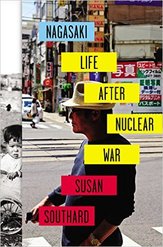
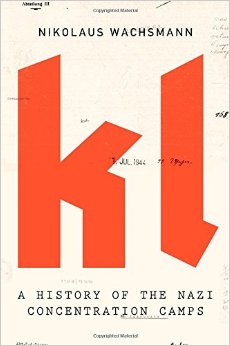
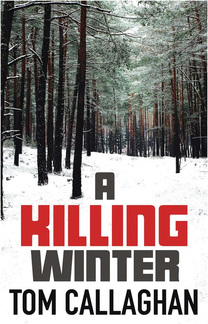
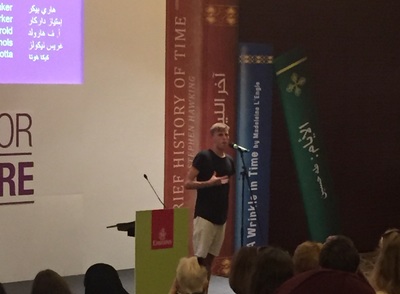
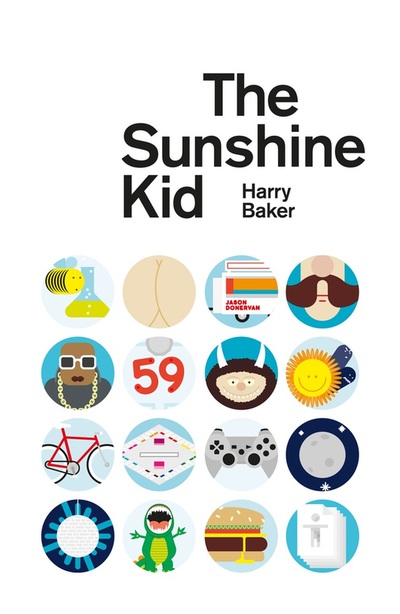
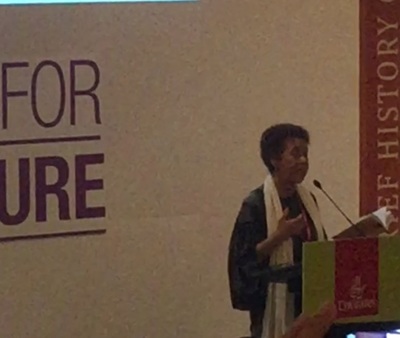
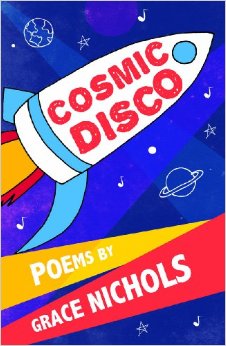
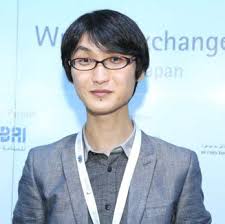
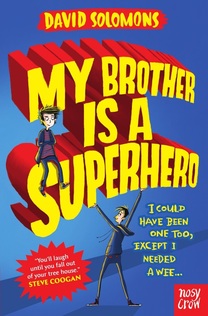
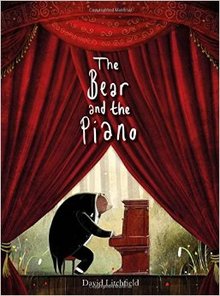
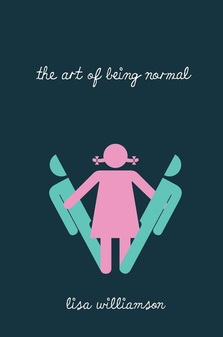
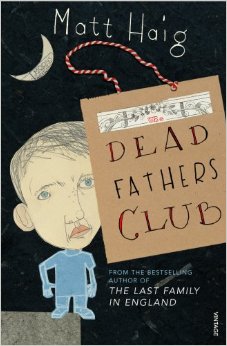
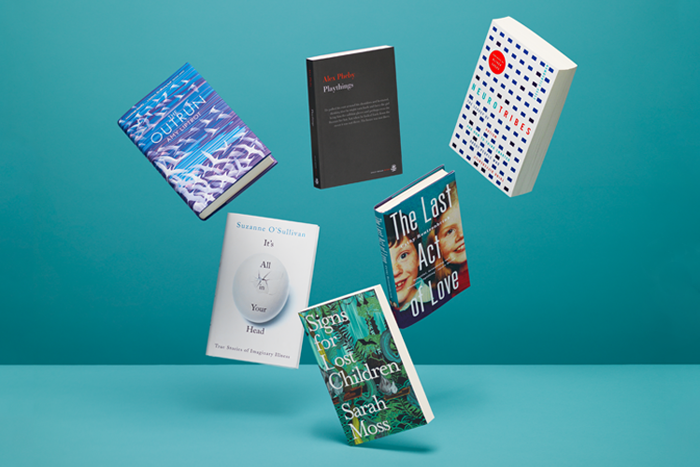
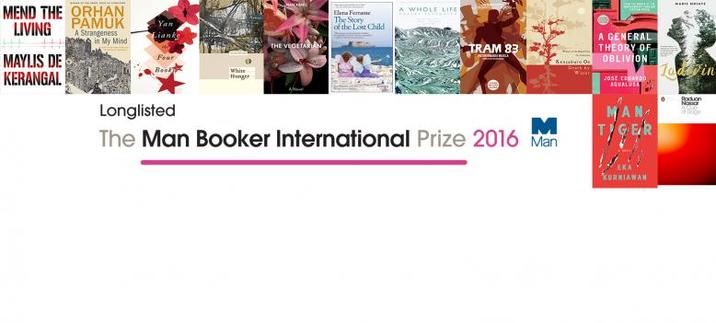
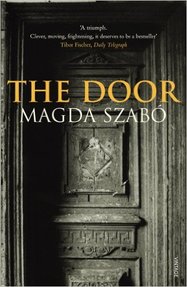
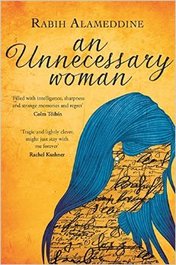
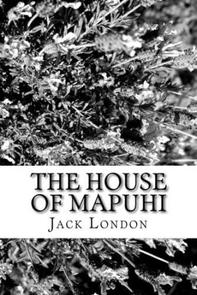
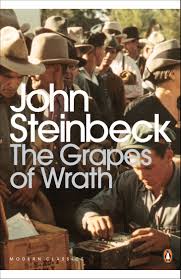
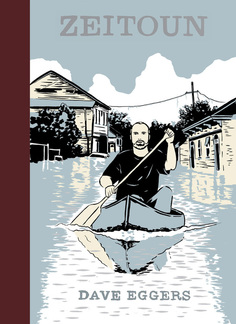
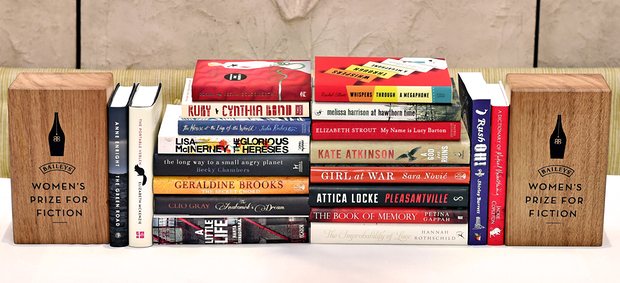
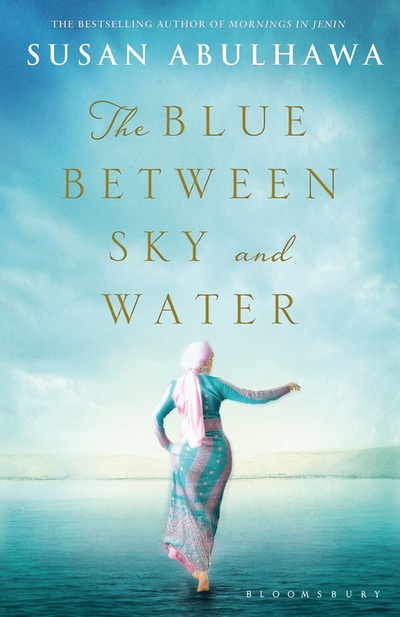
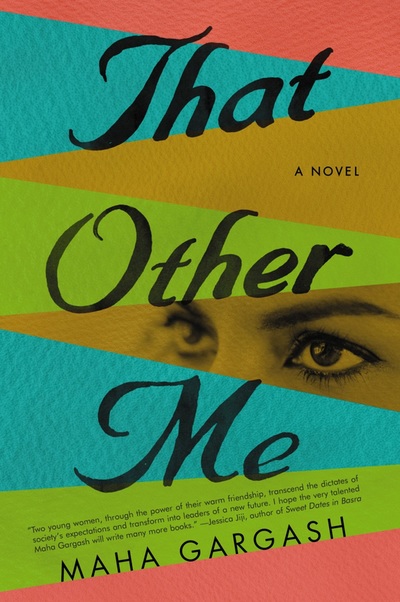
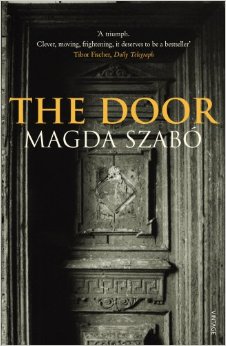
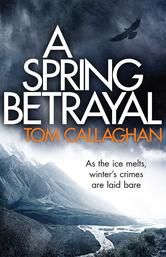
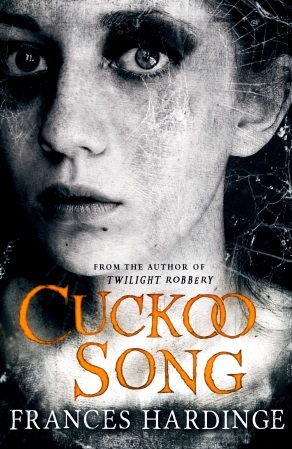
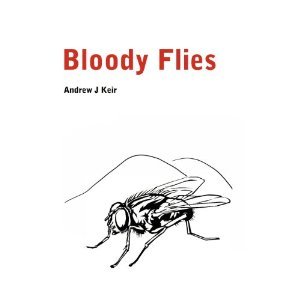


 RSS Feed
RSS Feed
